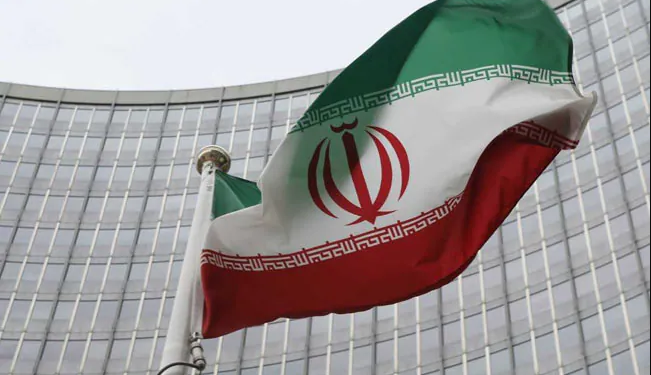In the midst of conflicting reports on the Taliban’s success September 6 in getting control of the Panjshir Valley, the last bastion of resistance against Taliban takeover of Afghanistan, comes a strongly-worded message from Iran warning ‘foreign powers’ against meddling in Afghanistan affairs. Iran, which shares a 900 kilometre border with Afghanistan, has announced it would probe whether Pakistan, as reports strongly suggest, aided the Taliban in overrunning the resistance in Panjshir. The presence of ISI chief Lt Gen Faiz Hameed in Kabul from September 4 was indication of the key role that Rawalpindi played in the fall of Panjshir.
Pakistan is believed to have helped the Taliban with its air power to neutralise the National Resistance Front led by Ahmad Massoud, the son of former anti-Taliban commander Ahmed Shah Massoud killed by the Al-Qaeda two days before the 9/11 attack on the twin towers in the USA. Ahmad Massoud has reportedly fled Afghanistan, though in a video message he exhorted anti-Taliban forces to keep up resistance. Apparently, there are pockets in Panjshir Valley where the NRF is still holding out.
This is the first time that Iran has criticised the Taliban for taking control of Panjshir by force and it assumes significance since it has, over the years, developed good relations with the Taliban. Pakistan’s reported involvement seems to be causing concern to Iran which is keen on maintaining a workable relation with the Taliban in the management of the country. Iran’s Foreign Ministry Spokesman Saeed Khatibzadeh denounced violence in the northern Afghan valley, where two senior figures of the NRF were killed. He told reporters Iran was investigating reports about the presence of foreign forces in the valley. Iran has trained tens of thousands of Afghan Shia fighters, known as the Fatimiyoun who fought in Syria and Libya. Having returned to Afghanistan, it is rumored, they can take on the Taliban also if need be.
Iran’s position on the developments in Panjshir, publicly articulated for the first time since the fall of Kabul August 15, shows the struggle among foreign powers – Pakistan, Iran, China and Russia – to fill the vacuum created in Afghanistan following the US’ withdrawal of troops from the country. Afghanistan occupies a highly important position in the geopolitics of central, south and west Asia. The economic and political interests of China, Iran and Russia hinge on the stability in Afghanistan and the ability of the Taliban to ensure counter-insurgency operations don’t pose any threat to their respective internal affairs. Though the new Iranian government has not yet indicated whether it will recognise the new political dispensation in Kabul, many Iranian officials have, in recent weeks, called for a peaceful transfer of power and the formation of an inclusive government.
The Taliban have formidable challenges ahead as they are positioning themselves to begin their new regime in Afghanistan. To deliver what they promise, they need technocrats and foreign assistance, both advisory and on the ground. If they resort to the brutal methods they had used during their first rule two decades back, international actors will maintain and intensify sanctions. Currently, the Taliban regime faces the loss of billions of dollars frozen by the US government. The country’s illegal and informal economies can only offset a part of those losses. The Taliban cannot augment the country’s poppy economy as the global market is already saturated with opioids. They can’t ban poppy cultivation on which a large part of the Afghanistan population depends. While the country is reeling under COVID-19, nearly 90 per cent of the population lives in poverty and 30 per cent faces acute food insecurity. The Taliban will struggle to find jobs for the many now-unemployed soldiers of the Afghan security forces whom the United States paid. They will have to trade with Iran, China, and Central Asia for the country’s economic rejuvenation. For this they will have to accommodate Tehran, Beijing, and Moscow’s principal counterterrorism interests. Apart from the West only China and the Gulf countries have potentially deep aid pockets. Pakistan has been providing military and intelligence aid, but its own economy is in shambles. Despite Pakistan’s triumphalism over catapulting the Taliban into Afghanistan, the latter may try to free themselves from its control. Already, top Taliban leaders, such as Abdul Ghani Baradar and Sher Mohammad Abbas Stanekzai, have indicated their interest in the new trade routes being developed by Iran and India connecting the Central Asian countries bypassing Pakistan.
It all now depends on whether the Taliban truly want Afghanistan’s economic growth and development. If so, then they will have to ensure peace and stability with the help of an inclusive government. If religious bigots take control of the government and dance to the tunes of Pakistan and China, as observed with the Haqqani Network’s actions, Afghanistan and the region will be plunged into further chaos.






































